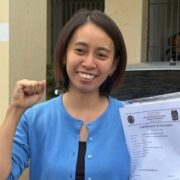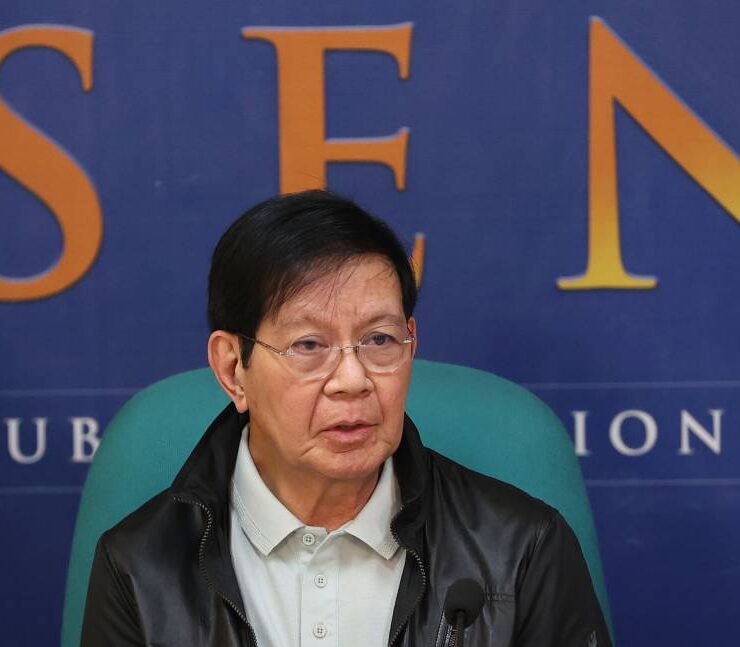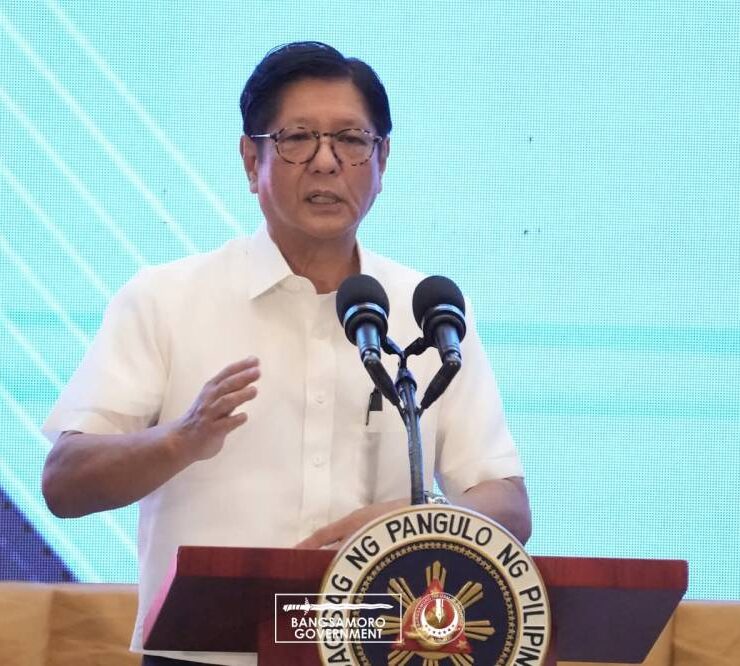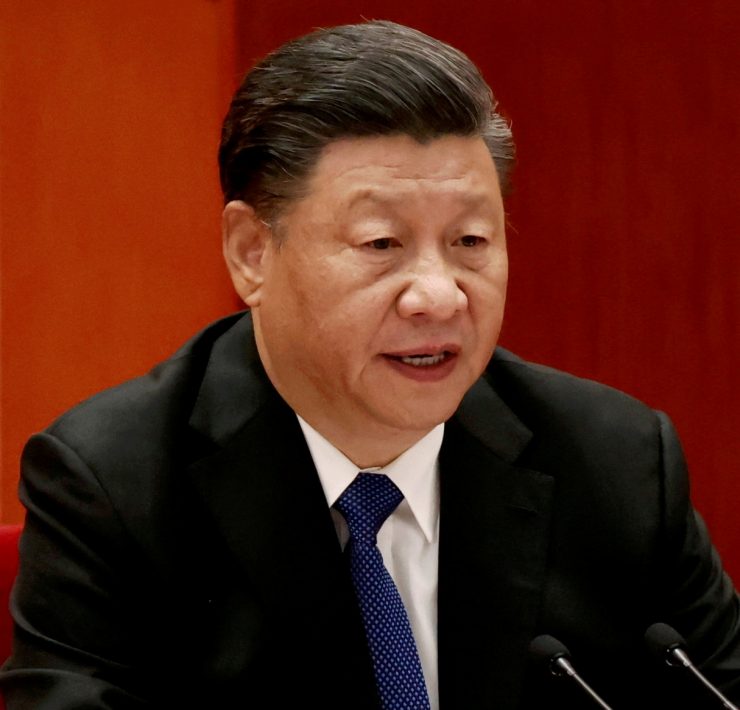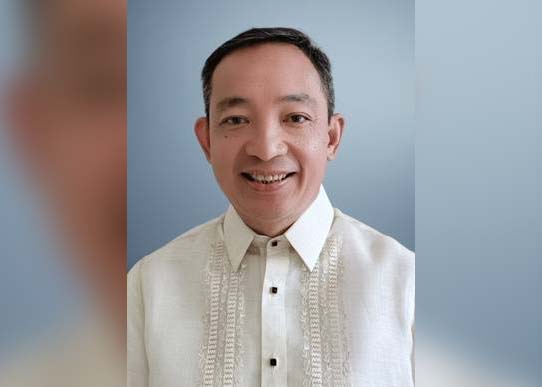Pope blasts economy that marginalizes poor, keeps rich ‘in bubble’
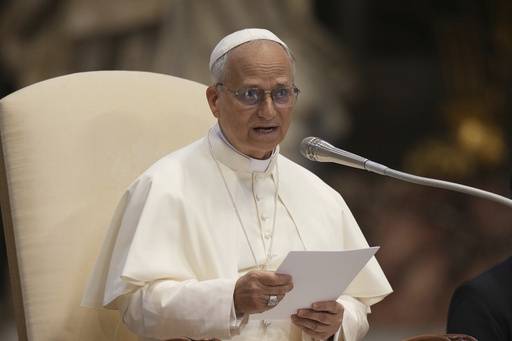
VATICAN CITY – Pope Leo XIV blasted how the wealthy elite live in a “bubble of comfort and luxury” while poor people suffer on the margins, confirming in his first teaching document Thursday that he is in perfect lockstep with his predecessor Pope Francis on matters of social and economic injustice.
The Vatican on Thursday released the document, entitled “I have loved you,” which Francis had begun to write in his final months but never finished. Leo, who was elected in May, credited Francis with the text, cited him repeatedly, but said he had made the document his own and signed it.
The 100-page document traces the history of Christianity’s constant concern for poor people, from Biblical citations and the teaching of church fathers to the preaching of recent popes about caring for migrants, prisoners and victims of human trafficking.
Leo credits especially women’s religious orders with carrying out God’s mandate to care for the sick, feed the poor and welcome the stranger, and also praised lay-led popular movements with advocating for land, housing and work for society’s most disadvantaged.
The conclusion Leo draws is that the Catholic Church’s “preferential option for the poor” has existed from the start, is non-negotiable and is in fact the very essence of what it means to be Christian. He calls for a renewed commitment to fixing the structural causes of poverty, while providing unquestioning charity to those who need it.
“When the church kneels beside a leper, a malnourished child or an anonymous dying person, she fulfills her deepest vocation: to love the Lord where he is most disfigured,” Leo writes.
Leo cites Francis frequently, including in some of the Argentine pope’s most-quoted talking points about the global “economy that kills” and criticism of trickle down economics. Francis made those points from the very start of his pontificate in 2013, saying he wanted a “church that is poor and for the poor.”
“God has a special place in his heart for those who are discriminated against and oppressed, and he asks us, his church, to make a decisive and radical choice in favor of the weakest,” Leo writes.
Echoing Francis, Leo rails against the “illusion of happiness” derived from accumulating wealth. “Thus, in a world where the poor are increasingly numerous, we paradoxically see the growth of a wealthy elite, living in a bubble of comfort and luxury, almost in another world compared to ordinary people.”
Francis’ frequent criticism of capitalism angered many conservative and wealthy Catholics, especially in the United States, who accused the Argentine Jesuit of being a Marxist.
In a recent interview, Leo said such misdirected criticism cannot be leveled against him. “The fact that I am American means, among other things, people can’t say, like they did about Francis, ‘he doesn’t understand the United States, he just doesn’t see what’s going on,’” Leo told Crux, a Catholic site.
As a result, Leo’s embrace of Francis’ teaching on poverty and the church’s obligation to care for the weakest is a significant reaffirmation, especially in Leo’s first teaching document.
Leo signed the text on Oct. 4, the feast of St. Francis of Assisi, the 13th-century mendicant friar who renounced his wealth to live poor among the poor. The date was not coincidental.
The late Pope Francis named himself after the saint and one of the pontiff’s most important documents “Fratelli Tutti” (Brothers All) was itself published on the Oct. 4 feast day in 2020.
Leo, too, seems inspired by the saint’s example: As a young priest, the former Robert Prevost left the comforts of home to work as a missionary in Peru as a member of the Augustinian religious order, one of the other ancient mendicant orders that considers community, the sharing of communal property and service to others as central tenets of its spirituality.
“The fact that some dismiss or ridicule charitable works, as if they were an obsession on the part of a few and not the burning heart of the church’s mission, convinces me of the need to go back and reread the Gospel, lest we risk replacing it with the wisdom of this world,” Leo writes.
Leo’s emphasis on the church’s age-old “preferential option for the poor,” is unusual given the Vatican’s troubled history in dealing with liberation theology, the Latin American-inspired Catholic theology that had the “preferential option for the poor” as its mantra.
The Vatican under St. John Paul II spent much effort battling liberation theology and disciplining some of its most famous defenders, arguing that they had misinterpreted Jesus’ preference for the poor as a Marxist call for armed rebellion.
Leo, in contrast, doubled down on the concept, citing several of the Latin American church’s fundamental documents on the issue. He praised as an inspiration St. Oscar Romero, the Salvadoran archbishop who was killed in 1980 by right-wing death squads opposed to his preaching against the repression of the poor by the army.
Leo’s text minimized the dispute over liberation theology by saying the Vatican’s 1984 crackdown on its promoters was “not initially well received by everyone.”













